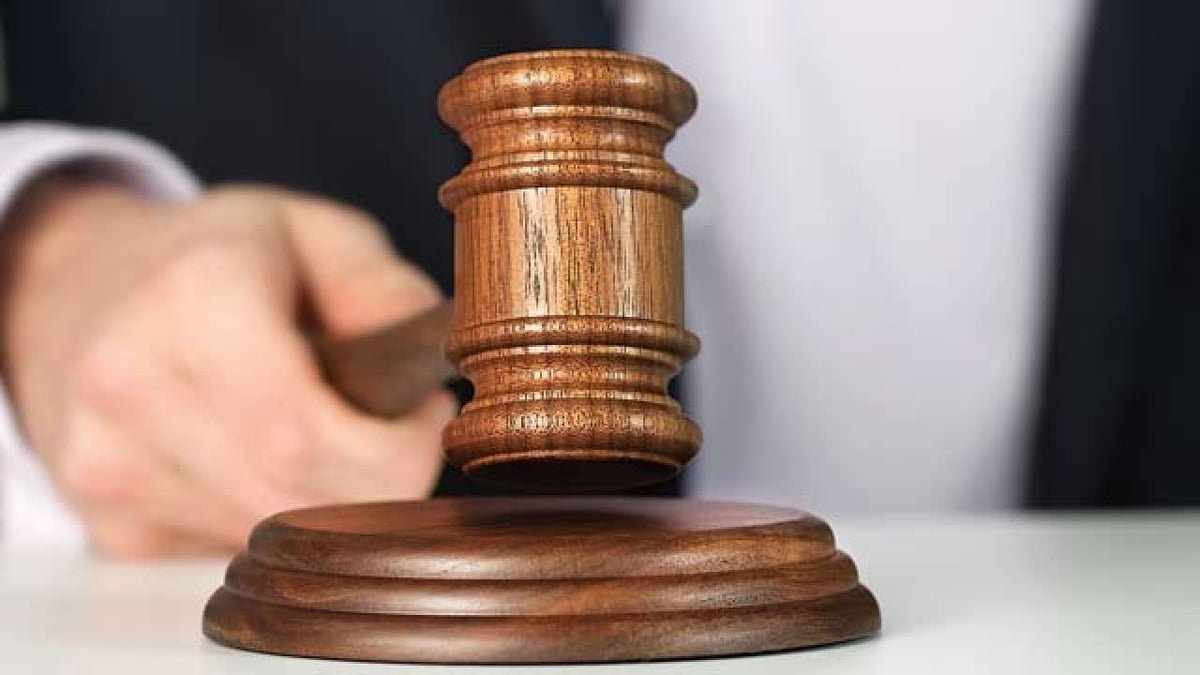The State government should “not buckle down” to quota agitation and work by the rule of law, argued those against the Maratha quota reservations while drawing parallel with the situation in Bangladesh.
Senior counsel Pradeep Sancheti, for some of the petitioners, submitted that the neighbouring country is facing turmoil following agitation by students against reservation for a section of people. The situation in Bangladesh turned volatile resulting in the ouster of the prime minister Sheikh Hasina.
In Maharashtra, the Maratha community has been agitating for reservation in government jobs and educational institutions with Manoj Jarange-Patil sitting on fast unto death on at least three occasions. The state government then formed the Maharashtra State Commission for Backward Classes (MSCBC) headed by retired Justice Sunil Shukre, which stated that the community suffers from regression and is excluded from the mainstream of national life.
The law granting 10% reservation to the community under the Socially and Educationally Backward Class category was passed on February 20 by the Maharashtra legislature based on the MSCBC report. The Governor’s notification was issued on February 26. However, several petitions were filed challenging and supporting this order.
Sancheti submitted that the government should work as per the law. “These public meetings, rallies.. State should not buckle down to that. What is the rule of law? It should be a state of equality,” said Sancheti, adding: “Bangladesh is an example.”
The counsel highlighted the commission report and said that the Matratha community members have been compared only with those in the open category and not with those belonging to other reserved categories. “The basic approach has gone wrong. It’s as if everyone is tutored to say ‘say you are backward otherwise you will not get a reservation’,” Sancheti added.
Comparing with the child marriage rate in the community, Sancheti said that it was 0.32% in 2008 and the same has jumped up to 13.70%. “In this day and age, will someone come forward and say my children are getting married?” asked Sancheti.
Pointing out the suicide rate, Sancheti argued that the main reason for suicides is family problems and illness. “Only 4% of the suicides were due to bankruptcy. The commisison report simply said there are large number of suicides. There is no benchmark,” the senior counsel said.
“These justifications (for reservation) are no justifications in law,” he added.
A special bench of Chief Justice DK Upadhyaya and Justices Girish Kulkarni and Firdosh Pooniwalla will continue hearing the arguments on August 26.




